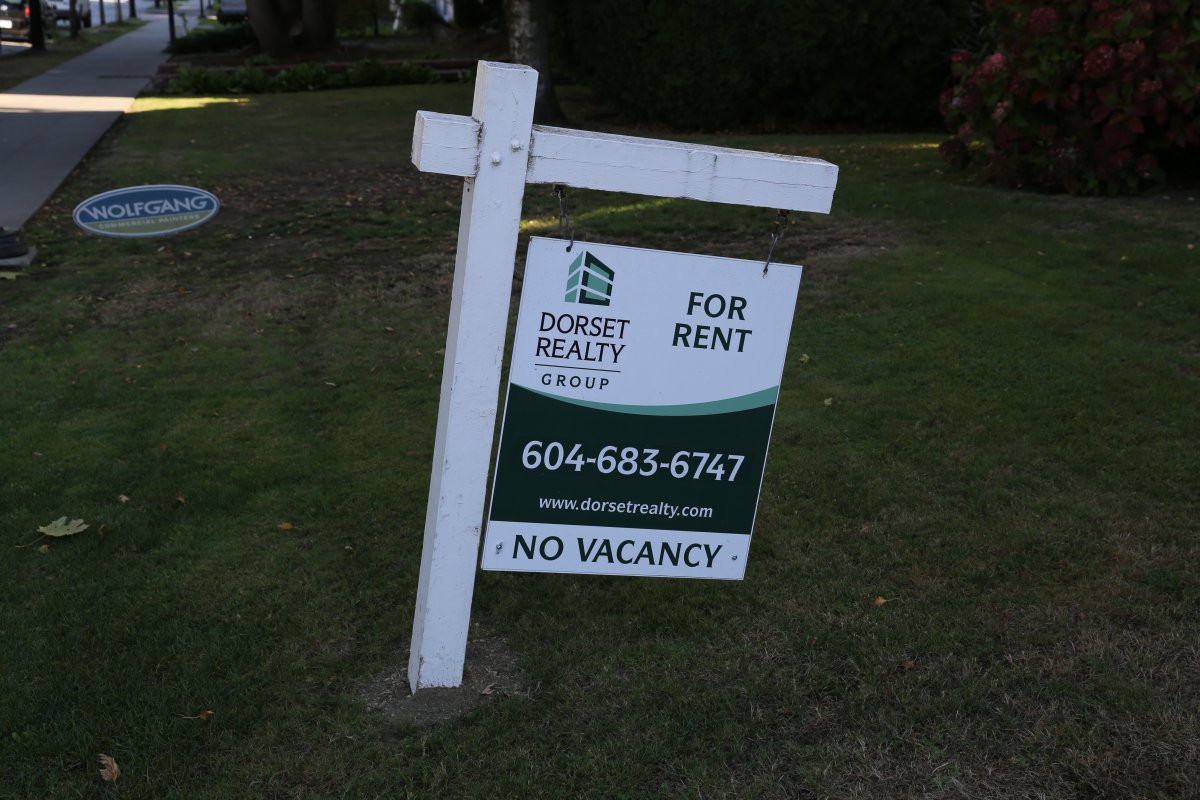B.C. renters are set to see the highest jump in the maximum allowable monthly rent increase in over five years.

The Residential Tenancy Branch has set the maximum at four per cent for 2018, up from 3.7 per cent in 2017.
The increases come at a difficult time for Vancouver renters, who are already facing sky-high payments amid a below-zero vacancy rate.
Canada Mortgage and Housing Corporation (CMHC)’s rental market report, which assessed rents in October 2016, showed average rates for a one-bedroom apartment across Metro Vancouver at $1,159 and $1,459 for two-bedroom units.
That would translate to an annual increase of $556 for a one bedroom, and $696 for a two-bedroom unit.
However, earlier this month, data from rental listing website Padmapper found the median monthly rent for a one-bedroom apartment in the City of Vancouver proper hovering around $1,990, a year-over year jump of 13.7 per cent, and two-bedroom suites listing for $3,200.
At those prices, a one-bedroom suite could see a monthly increase of almost $80, or $955 per year, while a two bedroom could see a monthly hike of $128, or $1,536 per year.
Coverage of renting in Vancouver on Globalnews.ca:
Those increases would far outpace the $400 annual renters grant that B.C.’s new NDP government promised during the 2017 election campaign.
In July, the City of Vancouver offered a snapshot of its ambitious “housing reset,” which revealed that more than 18,000 renters in the city spend more than half of their income on rent.
The City of Vancouver estimates that it will need 55,000 new rental suites in the next decade.
The four-per-cent jump is the highest rent hike in B.C. since 2012, when tenants faced a 4.3 per cent bump.
The cap on rent increases is set by a formula in the Residential Tenancy Act, which allows an increase of two per cent plus inflation.
Landlords may only raise rents once per year, and must give tenants three months notice when they do.
The regulations don’t cover fixed-term leases, which expire at the end of a term after which a tenant can potentially be required to re-sign at a higher rent or move out.












Comments